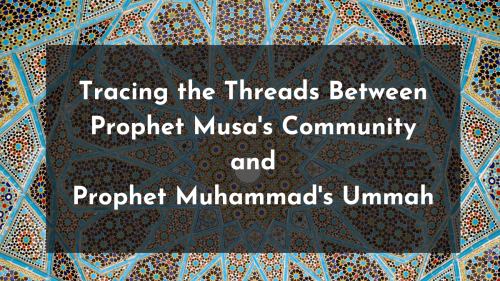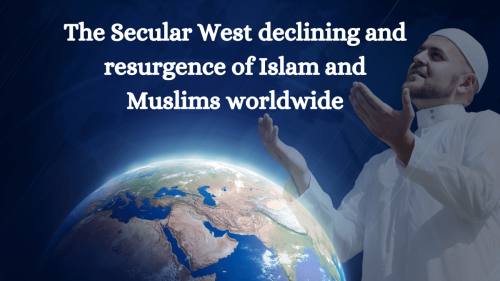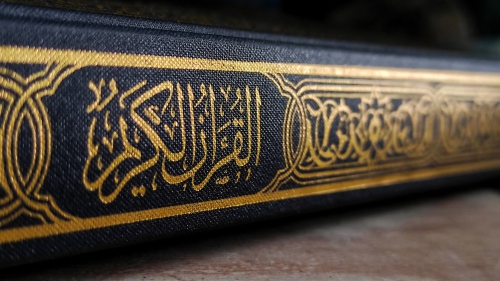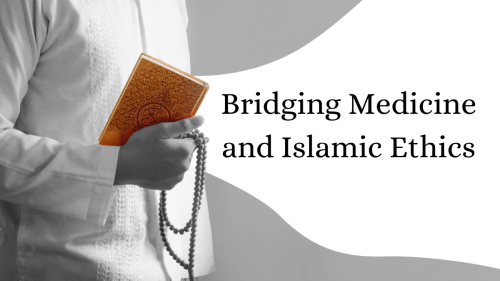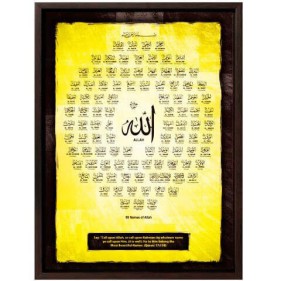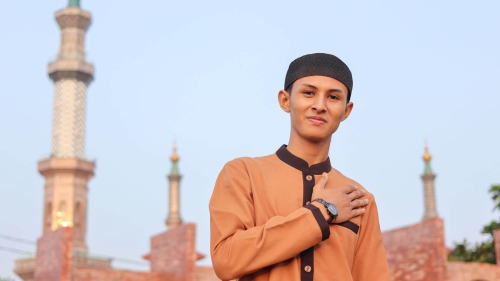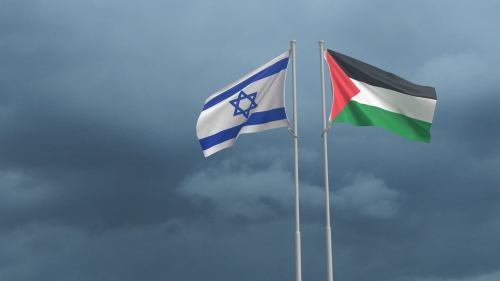Services
Highlights
Quran 28:88
News Around the World
WORLD AFFAIRS
ALJAZEERA.COM
Across the Western world, public opinion on Palestine is finally shifting
WORLD AFFAIRS
THEGUARDIAN.COM
Gaza’s 37m tonnes of bomb-filled debris could take 14 years to clear, says expert
WORLD AFFAIRS
MIDDLEEASTEYE.NET
How an ‘antisemitism hoax’ drowned out the discovery of mass graves in Gaza
WORLD AFFAIRS
MIDDLEEASTMONITOR.COM
Palestine is everywhere at the Venice Biennale this year
WORLD AFFAIRS
WSWS.ORG
Campus protests against Gaza genocide spread globally despite police repression
WORLD AFFAIRS
MONDOWEISS.NET
‘It felt like pulling my heart out of the earth:’ testimonies from the mass grave at Nasser Hospital
WORLD AFFAIRS
KEVINBARRETT.SUBSTACK.COM
Kevin Barrett: ‘Columbia University fights Anti-Semitism with separation wall, IDF checkpoints’
NATURE & SCIENCE
NEWS.GOOGLE.COM
Harnessing Science-Policy Collaboration: The Vital Role of IPBES Stakeholders in Achieving Global Nature Targets
FAITH & SPIRITUALITY
US House Speaker Johnson Heckled and Booed at Columbia, Center of Gaza Protests
LIFE & SOCIETY
ABC.NET.AU
Rwandan Tutsi genocide survivor Faina Iligoga plans memorial after Churchill Fellowship research trip
WORLD AFFAIRS
ALJAZEERA.COM
Malaysia’s ex-PM Mahathir faces anticorruption probe














